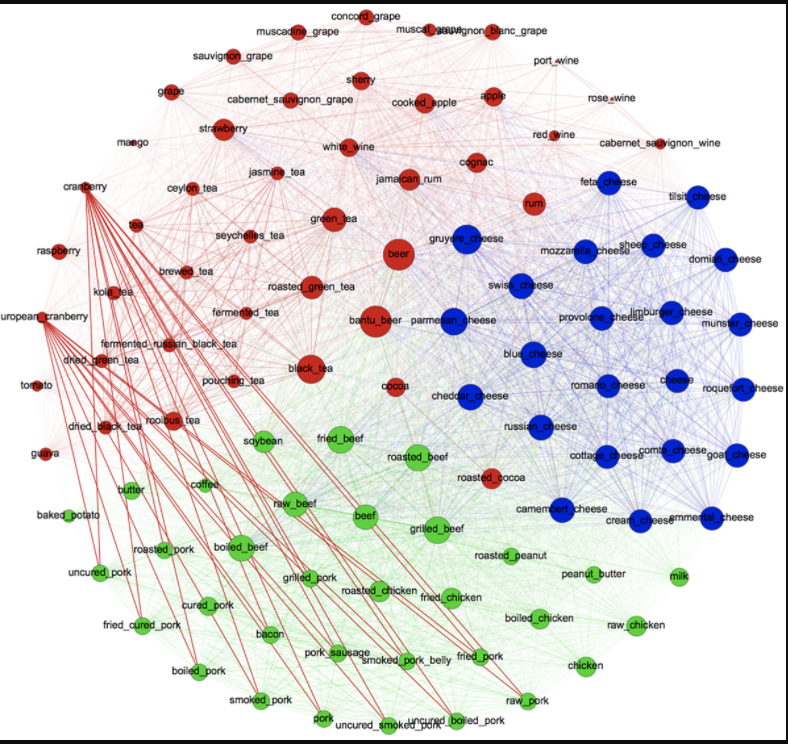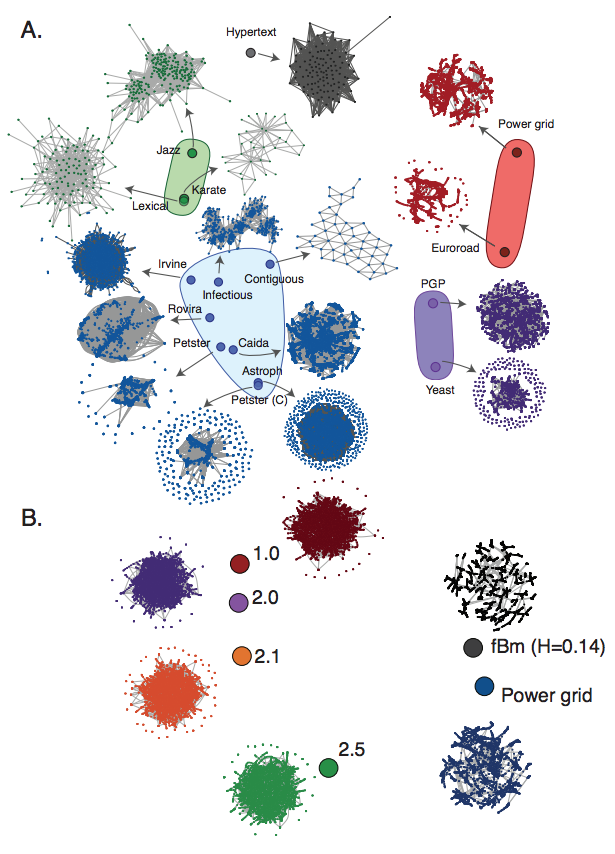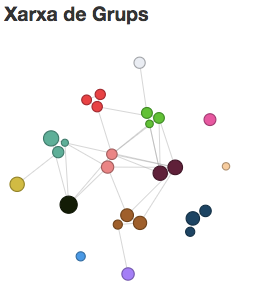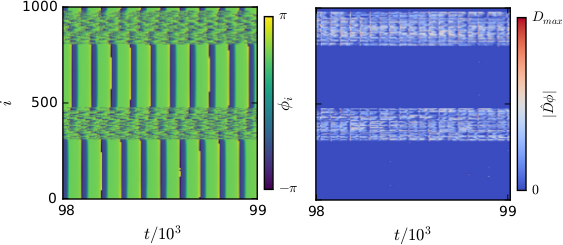PhD Job Offer

13/10/2020 |
Proyecto I+D Generación de Conocimiento: “Statistical Physics for cities: stochastic models and public experiments” (StatPhys4Cities, PID2019-106811GB-C33). Deadline 27th of October 2020
learn more
Universitat de Barcelona research team will deeply explore stochastic processes and continuous-time random walks formalisms to raise new mathematical formulations in issues related to mobility, welfare and inequalities. On the other hand, the team at University of Barcelona will propose and develop a rather unique approach to build specific public, inclusive and participatory experiments on citizens mobility and welfare. Under the form of citizen science, the public experiments will narrow down very concrete research questions raised with the participation of concerned group of citizens. The approach wants to enhance a ready-to-use socially robust knowledge by policymakers in order to have better policies and envisage future scenarios in a participatory manner. The candidate will develop transversal research related to these tasks.
Keywords: statistical physics, complex systems, urban systems, model selection, inequality, welfare, mobility, inference, data-driven modeling, stochastic processes
Information for submitting application - Ministerio
Principal Investigators: Josep Perelló [email protected] / Miquel Montero [email protected]
The project is coordinated with URV and UC3M:
At least since the scientific revolution, interpretable mathematical models have been instrumental for advancing our understanding of the world. The big data era held the promise of facilitating the discovery of similarly interpretable mathematical models of natural and socioeconomic systems that were previously not amenable to quantitative analysis. Yet, so far, we have not seen such an explosion of new interpretable mathematical models. This is in part because machine learning models are de facto taking their place. However, because most machine learning algorithms are not interpretable, an uncontrolled use of such approaches can have unwanted consequences when model outcomes are directly linked to decisions.
Statistical physics approaches precisely rely on using interpretable micro-scale models to understand macro-scale behavior and as such they are uniquely positioned to lay the foundations of alternative algorithms for interpretable model selection and validation that will learn from data but that will significantly differ from the machine learning we know today.
A particular setting in which the need of better interpretable models is critical is that of socio-economic systems, and especially cities, where understanding the micro-motives of human behavior is necessary to explain the macro-behavior of those systems, and to inform policy-making decisions. Unfortunately, despite the fact the statistical physics contributions to modeling urban phenomena, most of the used tools do not go beyond the bottom-up theoretical metaphor. However, because of the expected growth of cities at a global scale in the next decade and the fact that more urban data is available, there is a pressing need to be able to obtain interpretable models for urban social contexts which are informed by data and that can be validated within an urban setting.
StatPhys4Cities will take on these challenges in a coordinated effort that will contribute and advance the research of urban-related problems from a statistical physics approach that combines models and methods from network theory, stochastic processes, and critical phenomena, among others with a data-driven approach. Specifically, StatPhys4Cities has two overarching goals:
- To develop interpretable model selection and validation tools using statistical physics principles. The tools should also inform the process of obtaining further data to answer specific research questions.
- To gain a better understanding about mobility, welfare and inequalities within cities through the analysis/modeling/interpretation of existing data and the acquisition of new data specific to these problems.








